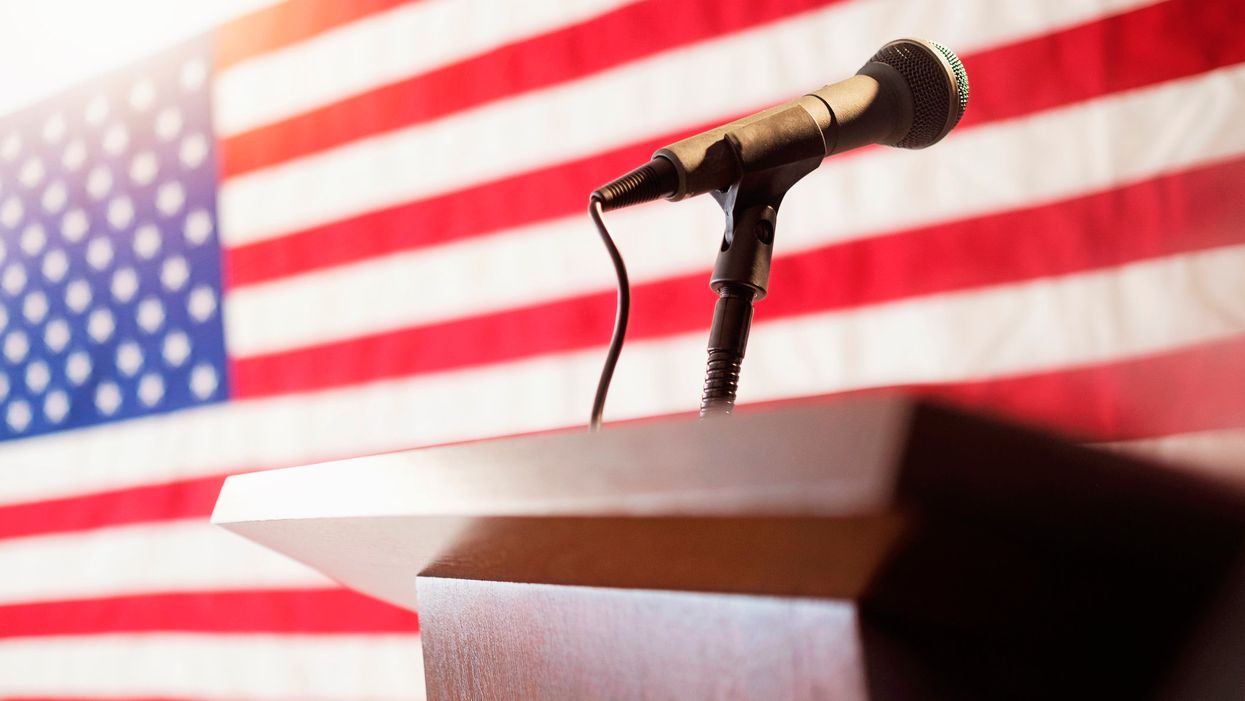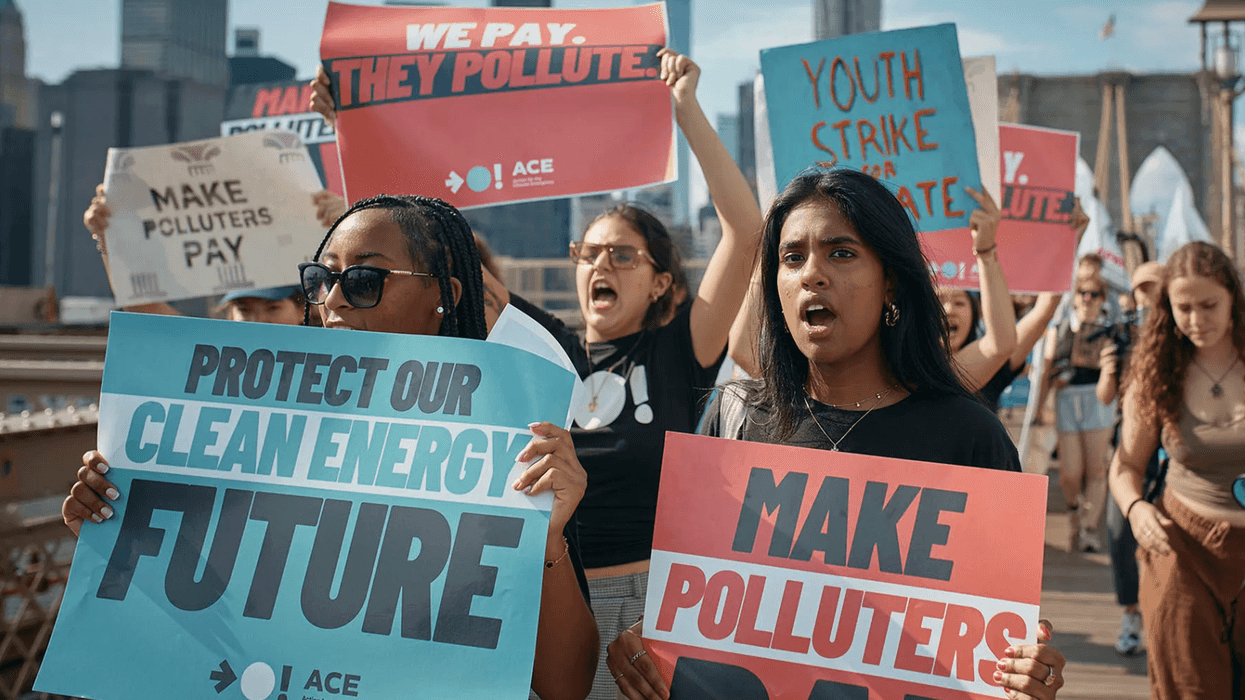Griffiths is a contributor to Independent Voter News.
The rules that govern American elections were not set up by a neutral government board or body. They were set up by the Republican and Democratic parties — not to promote fair competition or advance choice, but to ensure a political advantage.
As former Gehl Foods CEO Katherine Gehl puts it, the political industry "is the only industry where people are told competition is bad for the consumer."
One critical cog to this anti-competitive electoral machine is the Commission on Presidential Debates, which has stacked the deck so high for third party or independent candidates that it is impossible for even a third candidate to qualify for the debate stage. However, a lawsuit challenging the commission's rules could significantly change the competitive landscape of 2020 and future presidential elections.
The U.S. Court of Appeals for the D.C. Circuit heard oral arguments Feb. 24 in Level the Playing Field v. FEC — a lawsuit that advocacy group filed in 2015 along with its CEO, Peter Ackerman, and the national Green and Libertarian Parties. The suit asserts the debate commission's directors have violated federal law requiring the commission to be "nonpartisan" and use "objective criteria" in deciding who gets to appear on the presidential debate stage.
Level the Playing Field cites extensive evidence that the Commission on Presidential Debates is in fact a partnership of the Republican and Democratic parties and has adopted rules that favor the major party nominees while excluding everyone else.
To quickly recap, the panel's own rules for being in the debate say participants must meet three criteria. They must be qualified to run for president, be on the ballot in states with at least 270 electoral votes — the minimum required to win the White House – and must have at least 15 percent support in five national polls handpicked by the debate commission.
The plaintiffs argue that the last criterion is one that only the Republican and Democratic nominees can reasonably achieve in the current political landscape, and thus the debate commission illegally excludes third party and independent candidates.
Third party and independent candidates are ignored by the media, their names are buried by pollsters, and they must spend all their resources just to obtain and keep ballot access. Meanwhile, the cost to buy the necessary media time and online ads to build the name ID needed to get to 15 percent in the polls would be in the hundreds of millions of dollars. It is a steep mountain to climb, especially when these candidates have been anchored to such a large boulder.
"The CPD is a partisan organization designed to ensure that every four years no candidate unaligned with either major party can compete for the presidency, and if you can't get into the debates, you can't win. This is reason that great Americans will not run for president as Independents, to the detriment of all Americans," Level the Playing Field's Ackerman has said.
It is a fact the debate commission was created as a partnership between the national Republican and Democratic parties. It is a fact that many of its current directors have political or financial ties to the major parties. One of its current co-chairs is even a former chair of the Republican Party.
In February 2017, U.S. District Judge Tanya Chutkan ruled the Federal Election Commission had "acted arbitrarily and capriciously and contrary to law" in its response to complaints against the debate commission. The FEC was ordered to give a thorough review of the debate commission's structure and its rules, but again, the FEC quickly dismissed the evidence presented. Level the Playing Field filed another complaint demanding an explanation or a change to the rules. However, that same judge that had ruled in its favor in 2017 dismissed the case in early 2019.
In their appeal, the plaintiffs have emphasized an urgency for the court to intervene as the presidential nomination process is already in full swing and there are only months before the first general election debate — that is, if there are any general election debates at all.
Providing debate rules allowing a fairer shot at competition could have an even greater impact this year, since President Trump raised the possibility in December that he may skip the debates — opening the door for an independent or third party candidate to share the stage with the Democratic nominee.
That will only happen, though, if the rules change. As it stands now, if the president chooses not to debate the Democratic nominee, it is much more likely that no debates will be held, thus denying voters an opportunity to hear from the candidates.
Visit IVN.us for more coverage from Independent Voter News.




















